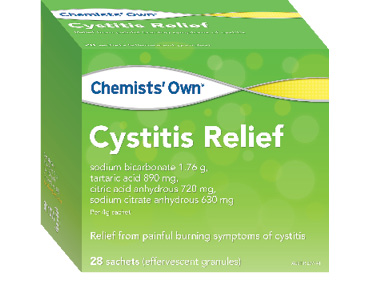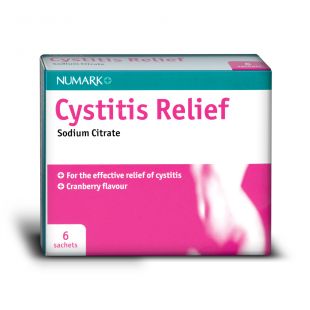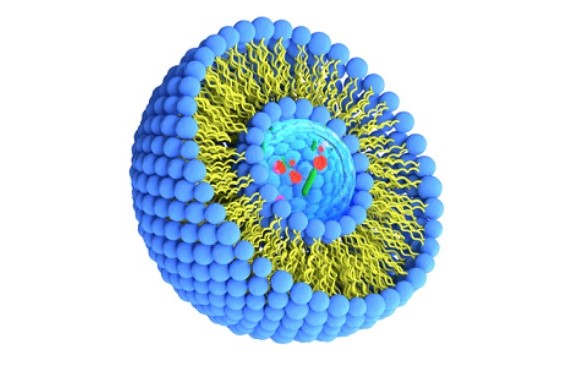
There are several different cystitis medications that you can use. If you suffer from recurrent bladder infections, you may want to consider trying an over-the-counter medication that reduces the acidity of your urine, such as potassium citrate or sodium bicarbonate. If the symptoms of cystitis don’t improve within a few days, your doctor may prescribe antibiotics. These antibiotics can be taken on a daily basis, and should start working in a day or two. While these medications can be helpful for the symptoms of cystitis, they may not be the best option for you.
Although many cystitis medications for women are safe and effective, they should be taken with caution. You should be aware of possible contraindications and dosage of the medicine to ensure proper treatment. If you have any underlying medical conditions, your doctor may prescribe alternative treatments or prescribe symptomatic therapy. This will minimize any side effects that may occur. Although there are many different types of cystitis medications, some are safe to use.
Among the many types of medications for cystitis, some are highly recommended for women. Typically, mild cases of the disease resolve within a few days. However, if the infection persists for more than a few days, antibiotics may be needed. Some of these antibiotics will relieve your symptoms in one day, while others will last for seven or ten days. Some of these medications are recommended for postmenopausal women or women with weakened immune systems. Pregnant women should also be examined immediately.
Medicines for cystitis in women should take into account possible contraindications. Some of these medicines may cause side effects. The patient should never take more than the prescribed dose of medication. If you experience side effects, you should seek medical attention. Your doctor will prescribe symptomatic therapy for you. This will help you cope with the pain and discomfort that comes with interstitial cystitis. There are many treatments available to treat this condition, including over-the-counter and prescription medications.
Medicine for cystitis in women https://consultordesalud.com.ar/co/grazitin/

should only be taken if the condition is severe and antibiotics are not suitable. Some of the most common medications are known to have side effects, so a doctor should be able to spot them before prescribing them. Your doctor will also be able to advise you on a higher dosage. However, patients should always be monitored for side effects when using cystitis medication.
Antihistamines are an important component of most cystitis medications for women. These drugs target histamine, which is involved in the inflammatory response in the body. The medications are contraindicated during pregnancy, under 18 years of age, and over 60 years of age because these medications may worsen other health conditions. In addition, the patient may experience symptoms such as nausea or vomiting and may require further testing. The doctor will prescribe the appropriate medicine depending on the severity of the symptoms.
If your cystitis symptoms are the result of an underlying medical condition, you should consult your doctor before taking any medications for cystitis. Although symptomatic therapy can help you manage your symptoms, you should also consider possible contraindications before using any cystitis medication. This is because you must know the risks and benefits of a particular treatment. This way you can avoid the risk of side effects and improve your quality of life.
While antibiotics are effective for the treatment of cystitis, they may not be the best choice for women. The dosage of an antibiotic for cystitis should be appropriate for your body, and you should be monitored carefully for any side effects. If you have kidney disease or are pregnant, you may need to consult with a doctor for an antibiotic for cystitis. Alternatively, you can try a natural treatment to get rid of the symptoms.
Symptomatic treatment for cystitis is not necessary when your symptoms are mild. Most of the time, you can cure your cystitis yourself, but if you have a severe case, you may need to consult a doctor. A GP can prescribe you antibiotics to help with the symptoms, but you should not exceed the recommended dose. Instead, you should consult with your pharmacist to determine which medication will be most effective for your situation.
